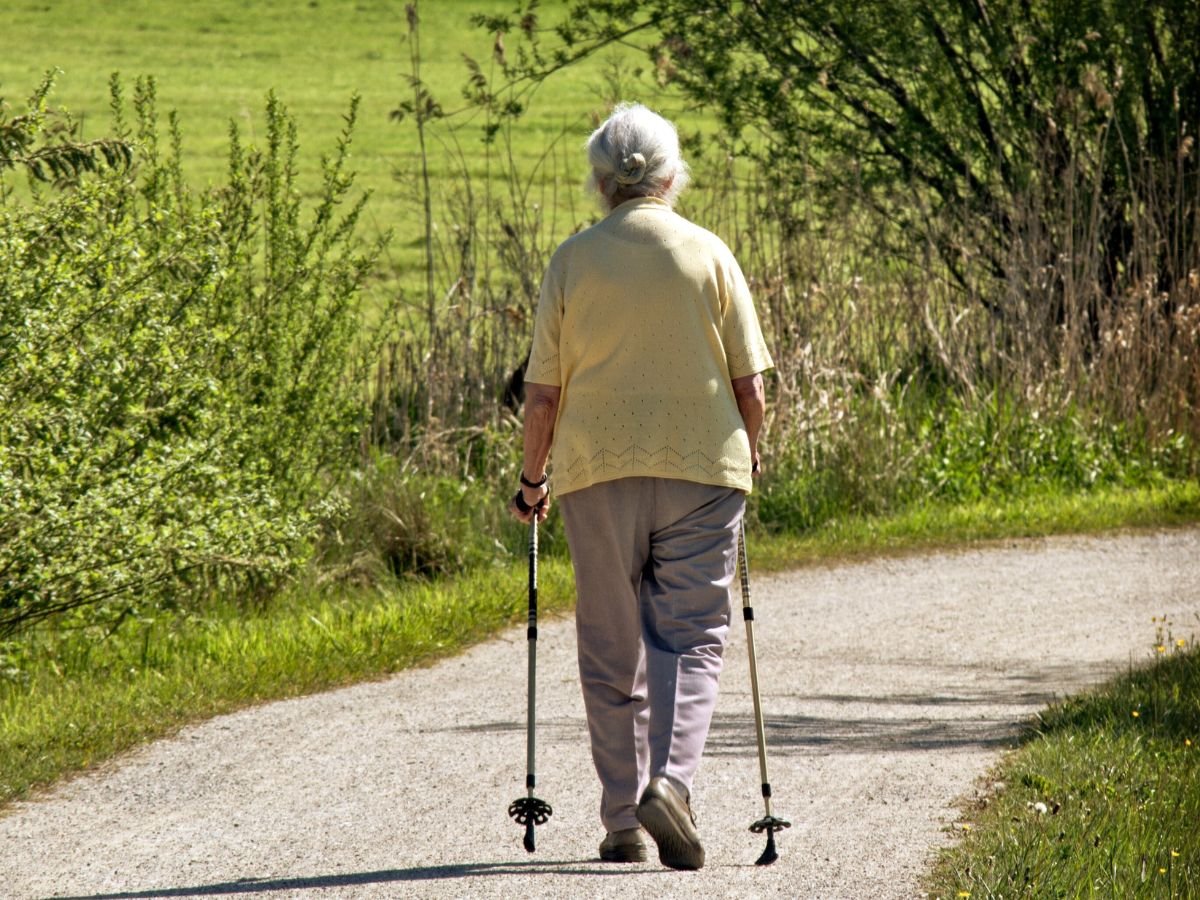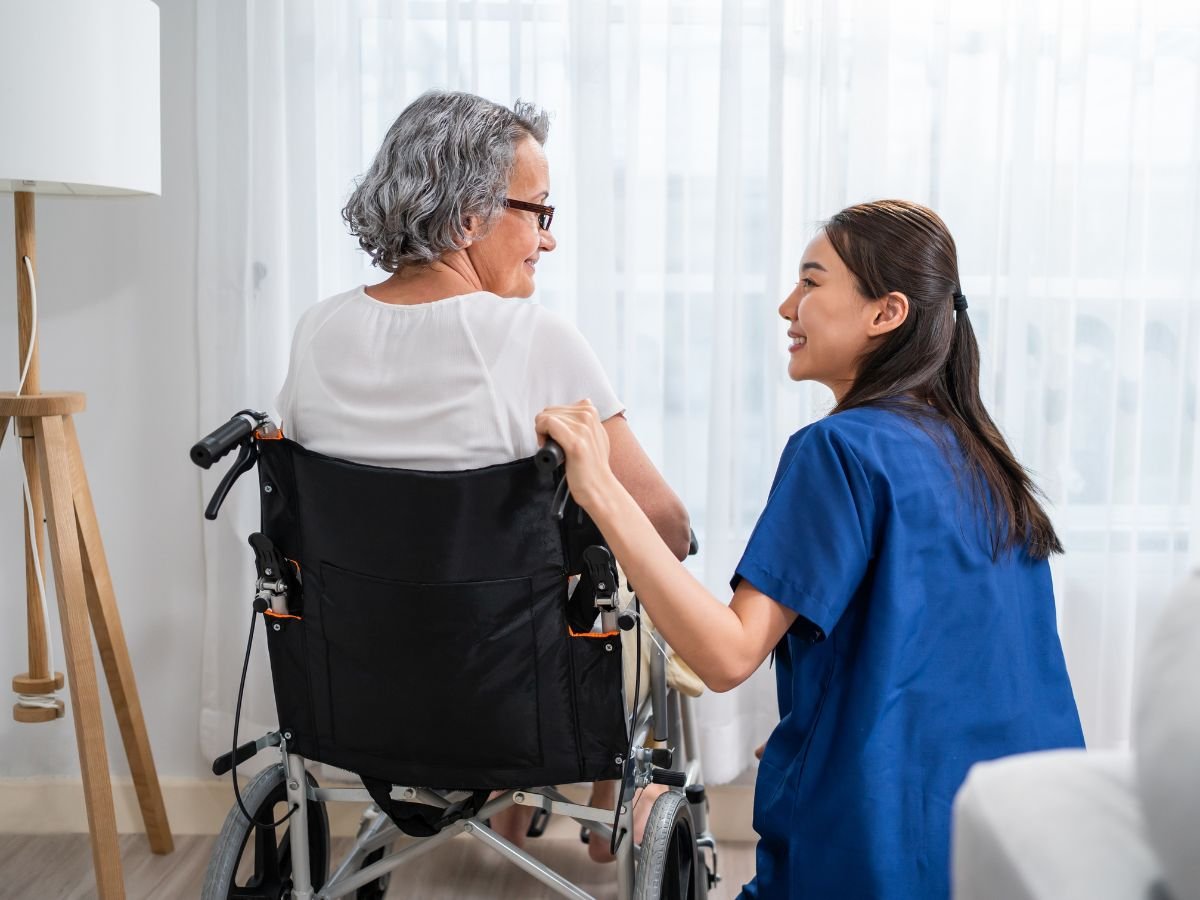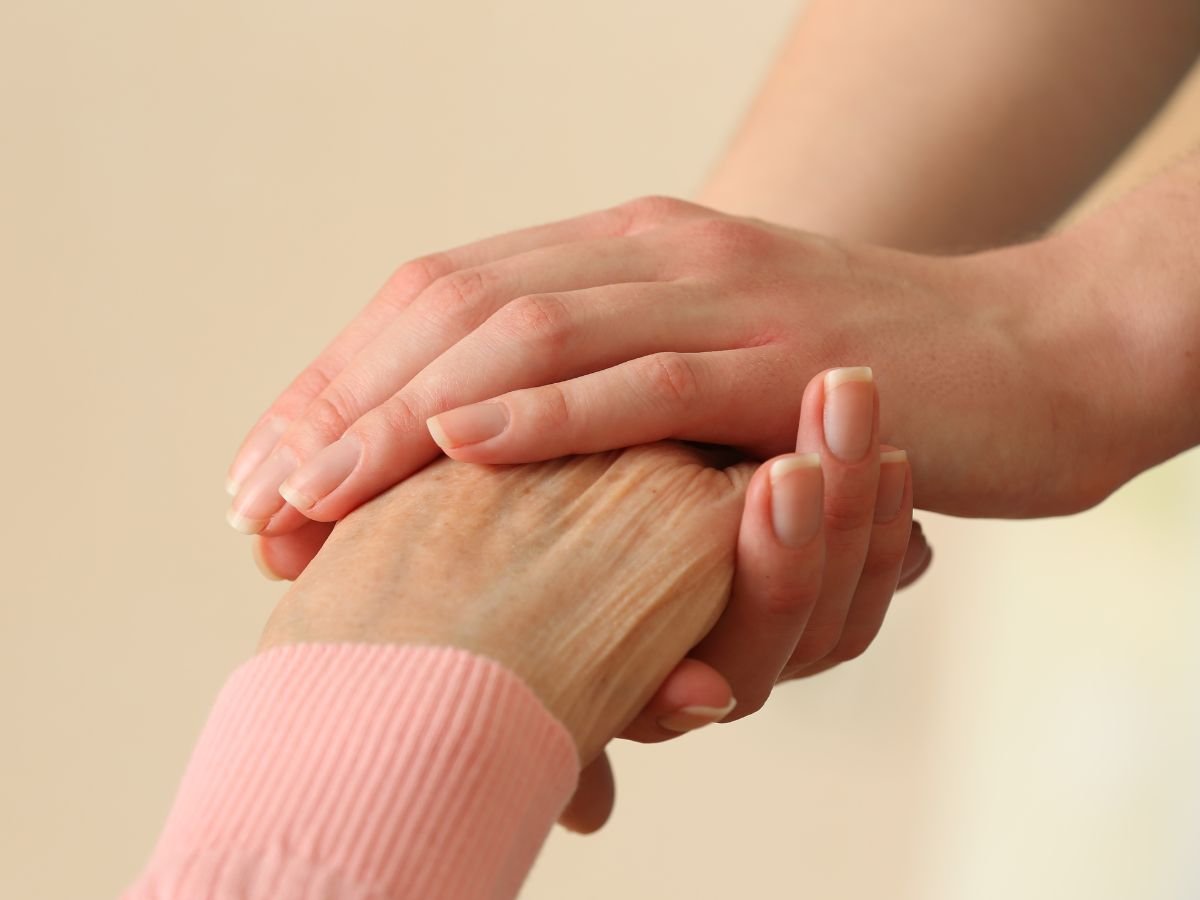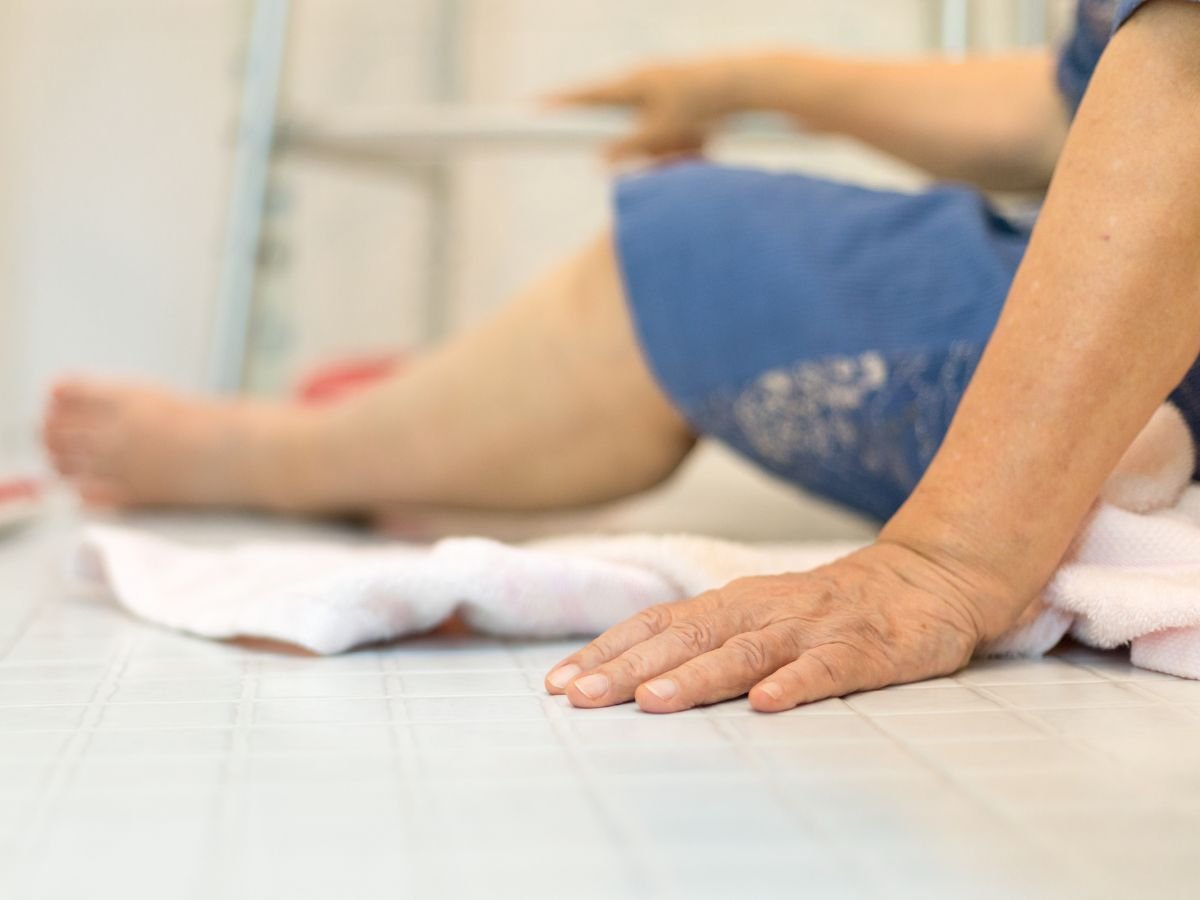
Understanding and Managing Senior Wandering—A Guide for Families
Wandering is a common and concerning behavior among seniors, particularly those with cognitive impairments such as dementia or Alzheimer's disease. This behavior can pose significant risks to the safety and well-being of elderly individuals. Understanding the reasons behind senior wandering behavior and implementing effective strategies to manage it is crucial for families and caregivers.

Nutrition Tips for Seniors to Support Healthy Aging
Nutrition plays a crucial role in healthy aging, particularly for seniors who require a balanced diet to maintain their health and vitality. As individuals age, their nutritional needs change, and a lack of proper diet can lead to various health issues. Understanding the importance of nutrition for elderly individuals and implementing effective meal planning strategies can significantly enhance their quality of life.

How Gardening Keeps Seniors Active and Engaged at Home
Gardening has long been appreciated as a peaceful pastime, but for seniors, it offers much more than aesthetic enjoyment. For older adults, gardening serves as a powerful form of physical activity, cognitive stimulation, and emotional therapy. As individuals age, staying active and involved becomes increasingly important—and gardening provides a meaningful, accessible outlet to do just that.

Top Financial Assistance Options for Senior Home Care
Home care enables aging adults to remain in familiar surroundings while receiving the support they need. Whether a senior needs help with daily routines, mobility, or companionship, the benefits of in-home support are undeniable. However, many families hesitate to explore these services due to concerns about cost.

Ways to Keep Seniors Socially Engaged and Connected
As people age, social circles naturally shrink due to retirement, loss of friends or a spouse, and reduced mobility. Unfortunately, with these changes often comes isolation—a condition that affects millions of older adults. Left unaddressed, loneliness can have serious consequences on both physical and mental health. Knowing how to avoid isolation on seniors is essential for families who want to improve senior citizen’s lifestyle and well-being.

Ways to Support Family Caregivers of Aging Loved Ones
Caring for an aging parent, spouse, or grandparent is one of the most selfless roles a person can take on—but it is also one of the most demanding. As the needs of aging loved ones increase, family caregivers often face emotional, physical, and financial challenges that can take a serious toll. For those who ask how to help, understanding the right kind of support for family caregivers is essential.

Is Brain Fog in the Elderly a Cause for Concern
Forgetfulness, slower thinking, and difficulty focusing are common concerns as people age. Families often ask, “Is this just normal aging—or something more serious?” These symptoms, often referred to as brain fog for seniors, can sometimes be brushed off as natural. But in some cases, they may indicate early stages of cognitive decline or even dementia.

Ways to Improve Stability and Mobility of Seniors at Home
Maintaining physical stability and movement is essential for aging adults to continue living safely in their homes. As mobility naturally declines with age, many families begin to ask how to help their elderly loved ones move more confidently and securely in familiar surroundings. Understanding how to improve stability and mobility is vital to protecting health, reducing risks, and preserving long-term independence.

When Is It Time to Consider Quality In-Home Care for Seniors
For many families, there comes a time when the question quietly sneaks into the back of our minds: "Do we need in-home care for our elderly parents?" It’s not always easy to admit that our once-independent loved ones now need help. We may notice the signs gradually—a missed medication, a late bill, or a subtle decline in hygiene.

Common Chronic Conditions in Seniors and How to Manage Them
Aging comes with its fair share of wisdom, experience, and... well, let’s be honest—aches and health hurdles, too. While many seniors continue to live full, vibrant lives, managing health becomes increasingly important with age. Chronic conditions for seniors are more common than not, and if you're a caregiver or a family member of an older adult, understanding these conditions—and how to manage them—can mean the difference between simply getting by and truly thriving.

How In-Home Care Helps Seniors Maintain Independence
Aging doesn’t mean losing independence. For many seniors, the ability to live at home, make their own choices, and maintain their routines is essential to their well-being. However, mobility challenges, health conditions, and daily tasks can make it difficult to manage everything alone.

Essential Ways to Promote Senior Health and Safety at Home
As our loved ones age, their homes should be a place of comfort, security, and independence. However, without the right precautions, the home environment can pose risks to senior safety at home.

Best Ways to Treat Seniors with Care, Respect, and Dignity
It’s essential to recognize the wisdom, experiences, and contributions of our aging loved ones while ensuring they continue to feel valued and respected. Too often, seniors face challenges that can make them feel overlooked or dependent, which is why prioritizing senior dignity and respect is crucial.

Why Does My Elderly Parent Keep Falling and How Can I Prevent It
Watching an elderly parent struggle with frequent falls can be unsettling and frustrating. Falls are one of the leading causes of injuries in older adults, often resulting in fractures, hospitalizations, and a decline in overall health.

10 Best Activities to Keep Your Elderly Loved One Active
Staying active is one of the best ways for seniors to maintain their mobility and independence while improving overall well-being. As we age, regular movement helps maintain muscle strength, prevent falls, and promote heart health.

Understanding Sudden Confusion in Seniors and How to Respond
It can be alarming when a senior loved one suddenly becomes confused, forgetful, or disoriented. If your mother was once sharp and independent but is now struggling with memory lapses, difficulty following conversations, or moments of disorientation, you’re likely wondering what’s going on.

Meal Preparation for Seniors to Support Health and Independence
Proper nutrition is essential for senior health, but as we age, meal preparation can become more challenging. Mobility limitations, cognitive changes, and dietary restrictions can make cooking and grocery shopping difficult.

When Is It Time for Your Elderly Parent to Stop Driving
Driving provides independence and freedom, and for many seniors, giving up driving can feel like losing a piece of their identity. However, as aging affects vision, reaction times, and overall mobility, ensuring senior health and safety becomes a priority.

Common Eye Problems in Seniors and How to Maintain Healthy Vision
As we age, our eyesight naturally changes, and many seniors experience a decline in vision. Whether it’s difficulty reading small print, sensitivity to light, or more serious conditions like cataracts or glaucoma, maintaining senior sight and hearing management is essential for overall well-being.

Why Regular Health Checkups Matter for Seniors
As we age, our bodies go through various changes that can affect our overall health and well-being. For seniors, regular health checkups are essential to catch potential issues early and ensure they continue living a healthy, independent life.

